2022 Workshops
Planning, neurodiversity, unschooling, socialisation – if you need to know about it, chances are we’re covering it!
Welcome! The 2022 Australian Homeschooling Summit ran February 14 – 25.
But don’t worry, you haven’t missed out – we recorded EVERYTHING and it’s all available for you to watch whenever you want!
Want to watch:
- Access to recordings of all 30+ 2022 workshops and bonus sessions
- All associated resource guides
- Amazing homeschooling help!
- Read on to get details of all the workshops



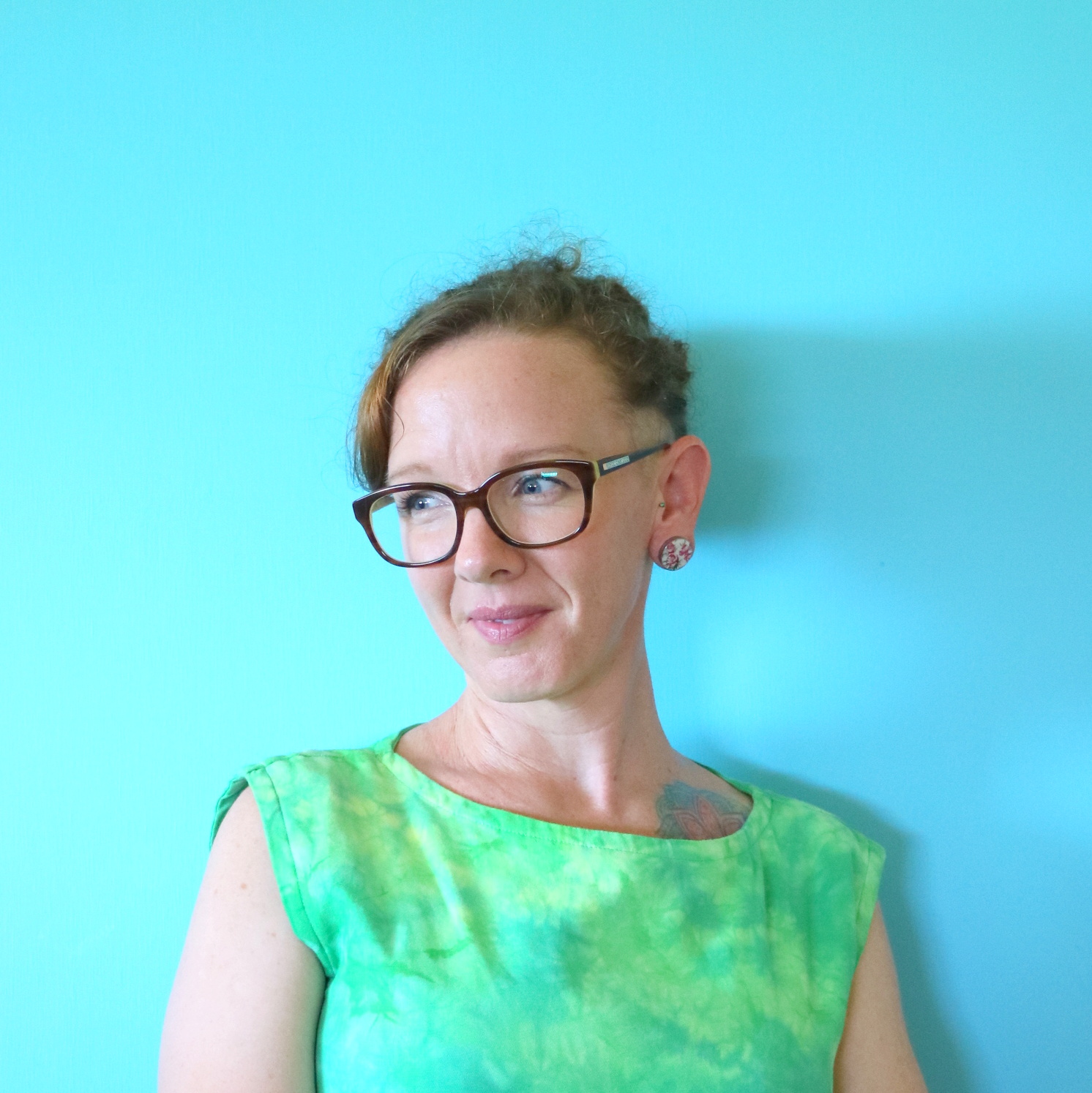
Welcome/Real Life Skills
Welcome everyone! I’ll say a quick welcome and introduction then we’ll get straight into the workshop.
If you’ve ever watched a child struggle to cook, clean, hammer, or sew a button, you may have thought ‘Why don’t they teach THAT in school?’
Farmschooling, homesteading, whatever you want to call it – I’ll show you how to incorporate real life skills into homeschooling with lots of examples. You can make it, grow it, sew it, and bake it no matter where you live, and raise self-reliant, independent children while having stacks of fun and covering the curriculum outcomes in a natural way.
Bonus – it also creates a very affordable homeschooling life.
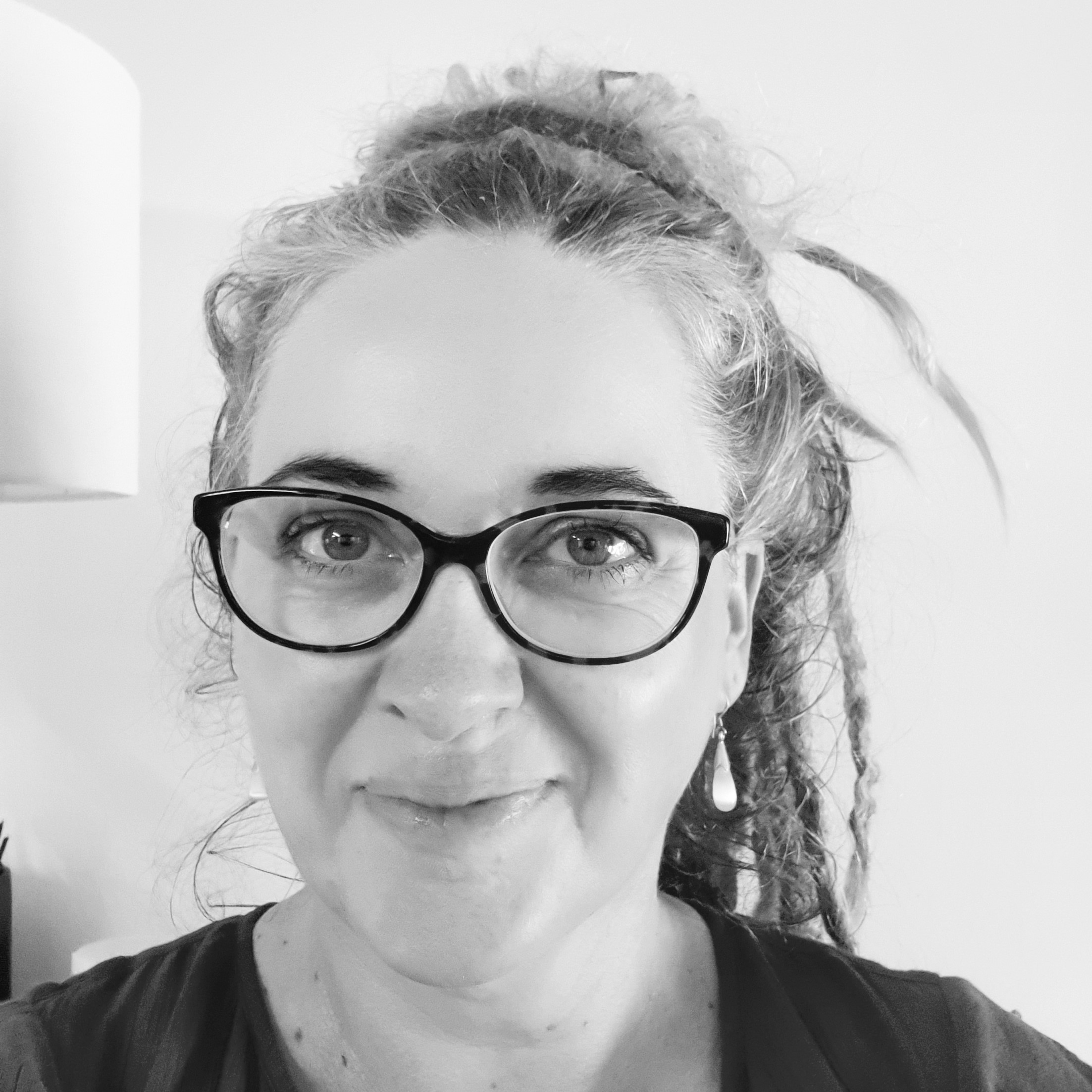
The Very Beginning - Homeschool Preschool
Bel shares how to start homeschooling before it’s time to actually start homeschooling. Building a rich learning environment and educational lifestyle doesn’t need to be overwhelming, takes no qualifications, and should be lots of fun!
In this workshop, you’ll find out from a Mum who’s journeyed the preschool-at-home path seven times how to make the most of these early years.
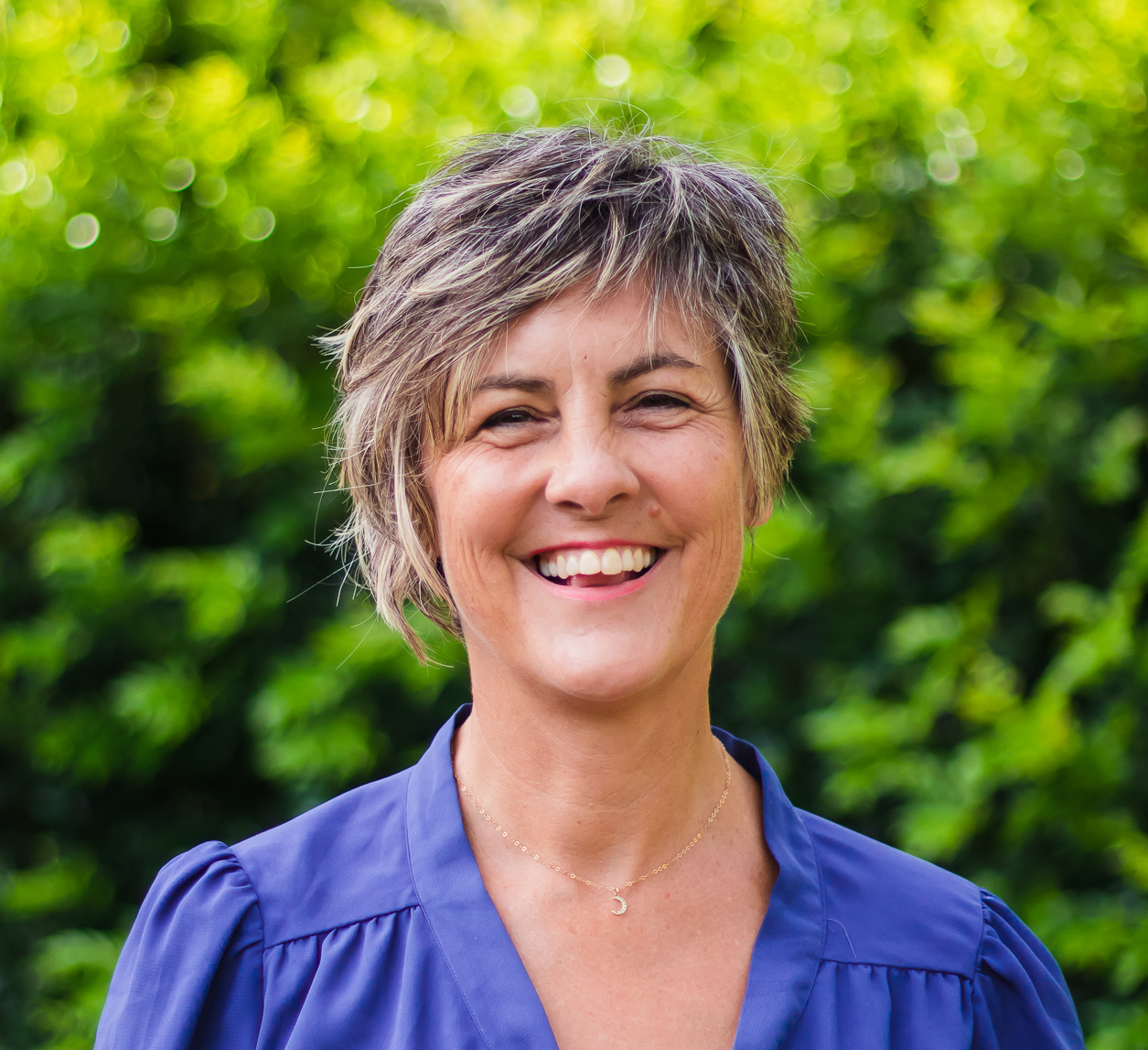
Maths Anxiety? - How To Teach Maths with Confidence & Ease
Esther White
As a parent, maths is often avoided or left until last because we don’t feel confident teaching it. Most of us, in our own education journey, were taught formulas to use to correctly answer tests, rather than given an understanding of what each of the squiggles actually meant. Add to that our children’s own learning differences and difficulties, and it becomes stressful – producing way too much anxiety for both our kids and ourselves!
When we see that maths is actually a language that has its own set of symbols – and we link that to tangible hands-on tools – it becomes super easy to understand and apply for life.
As maths is CRITICAL for every other subject we will ever learn, this workshop is a must if you want to support your children to have the foundations they need for now and into their future…. with confidence and ease.
[PS. Guaranteed you will have some lightbulb moments yourself when you use Esther’s simple blueprint formula]

5 Big Reasons To Teach Your Kids About Money
Neil Edmond
In this presentation Neil Edmond, CEO of MoneyTime, outlines 5 reasons why it’s going to be harder for our kids to get ahead financially than it was for us or our parents and why it’s crucial they get a good financial education.
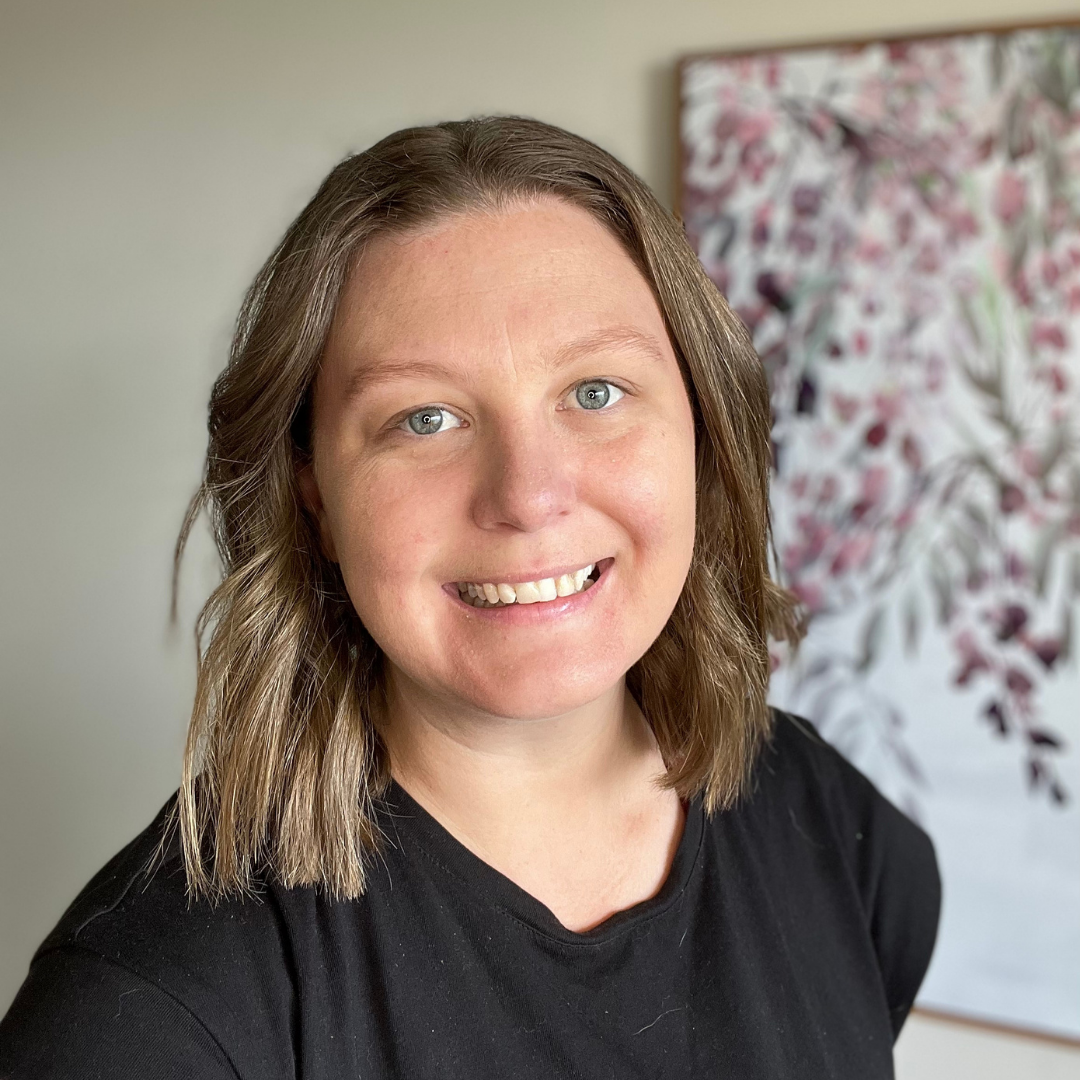
Planning with Purpose and Ease
Jami Lyn
“Planning” is a word that can cause anxiety and stress because we so often overthink and overdo it, which can result in burnout and even less to show at the end of the year.
Jami will teach you, through practical guidance and real world examples, how you can throw away the fluff, find a suitable planning style for your personality and philosophy, and shift your mindset about planning, so you can do it all with ease.
She is looking forward to helping you move forward feeling confident and focused knowing that homeschool planning does not have to be complicated or time-consuming.
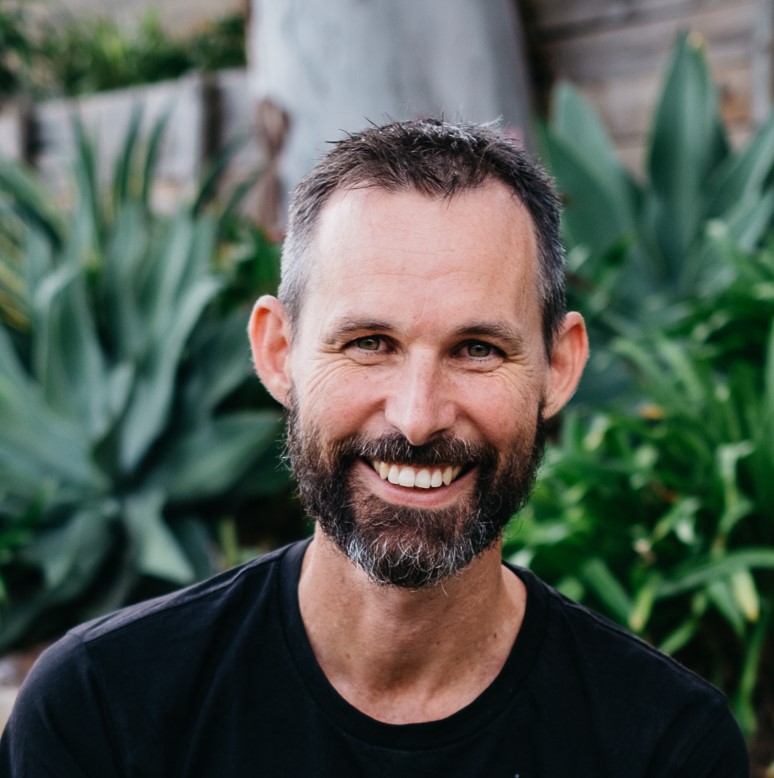
Become a Project-Based Learning Guru!
Learn how to deliver a fun, engaging, multi-subject, passion-based learning experience for 10 to 15 year olds – AND how to use this knowledge to facilitate an income-generating homeschool learning hub within your community.
This workshop is packed full of useful resources curated especially for the Summit. Whether you’re new to homeschooling and just getting started in the exciting world of PBL OR you’re already a leader in your community and you want to be rewarded for empowering other families, this is the workshop for you.
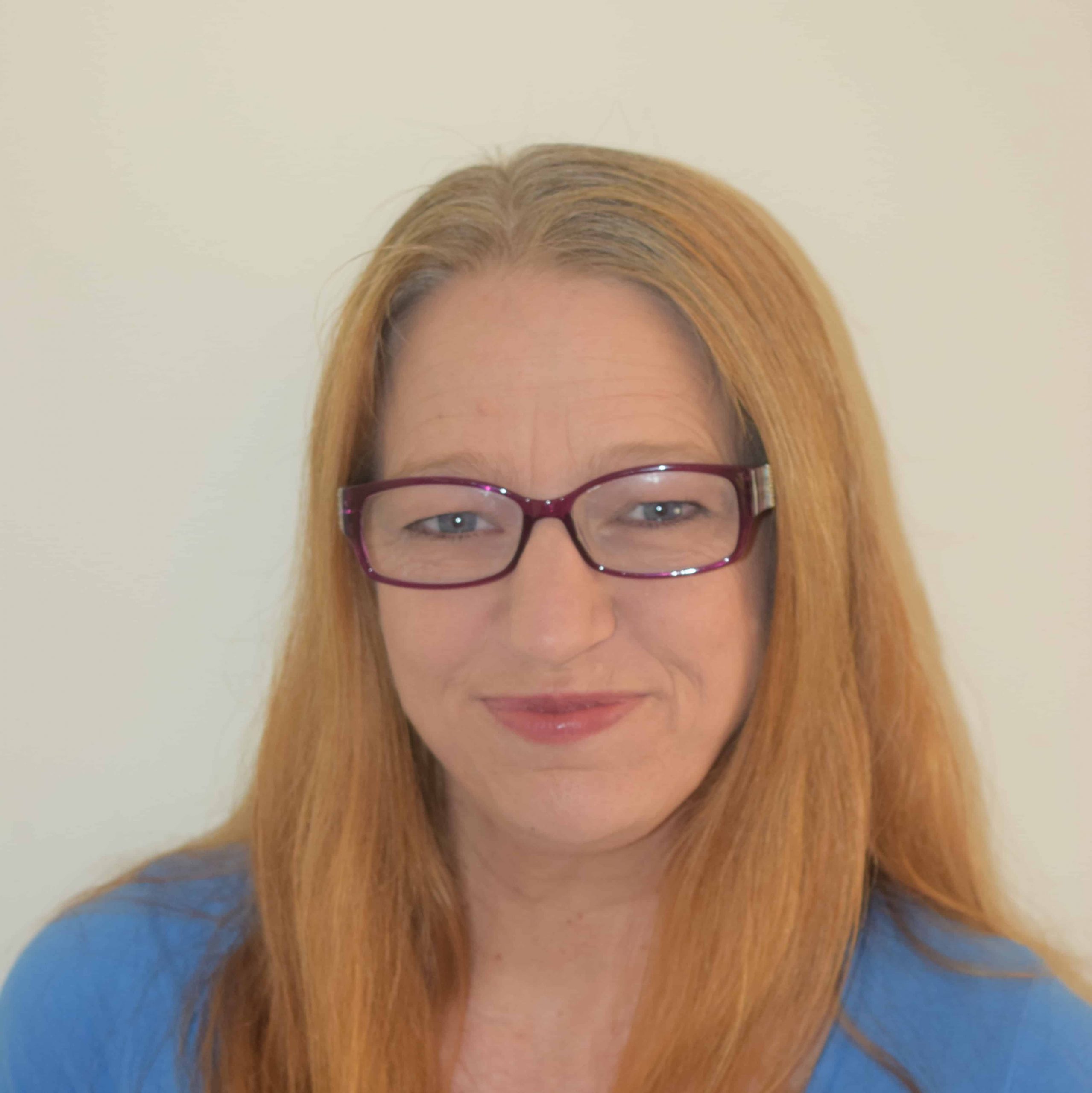
Ways to Tap into your Child's Learning Ability
Igniting our children’s spark to learn is what home education is all about.
In this workshop I will share how we, as our children’s teachers, can tap into their innate desire to learn and focus on their strengths to better utilise their own learning potential. I hope to ease your own frustrations though identifying the issues and find alternative ways to progress.
I will also share examples from our own family’s experiences, we will touch on what the experts tells us about learning and remembering, and I will include many ideas you can include in your own home.
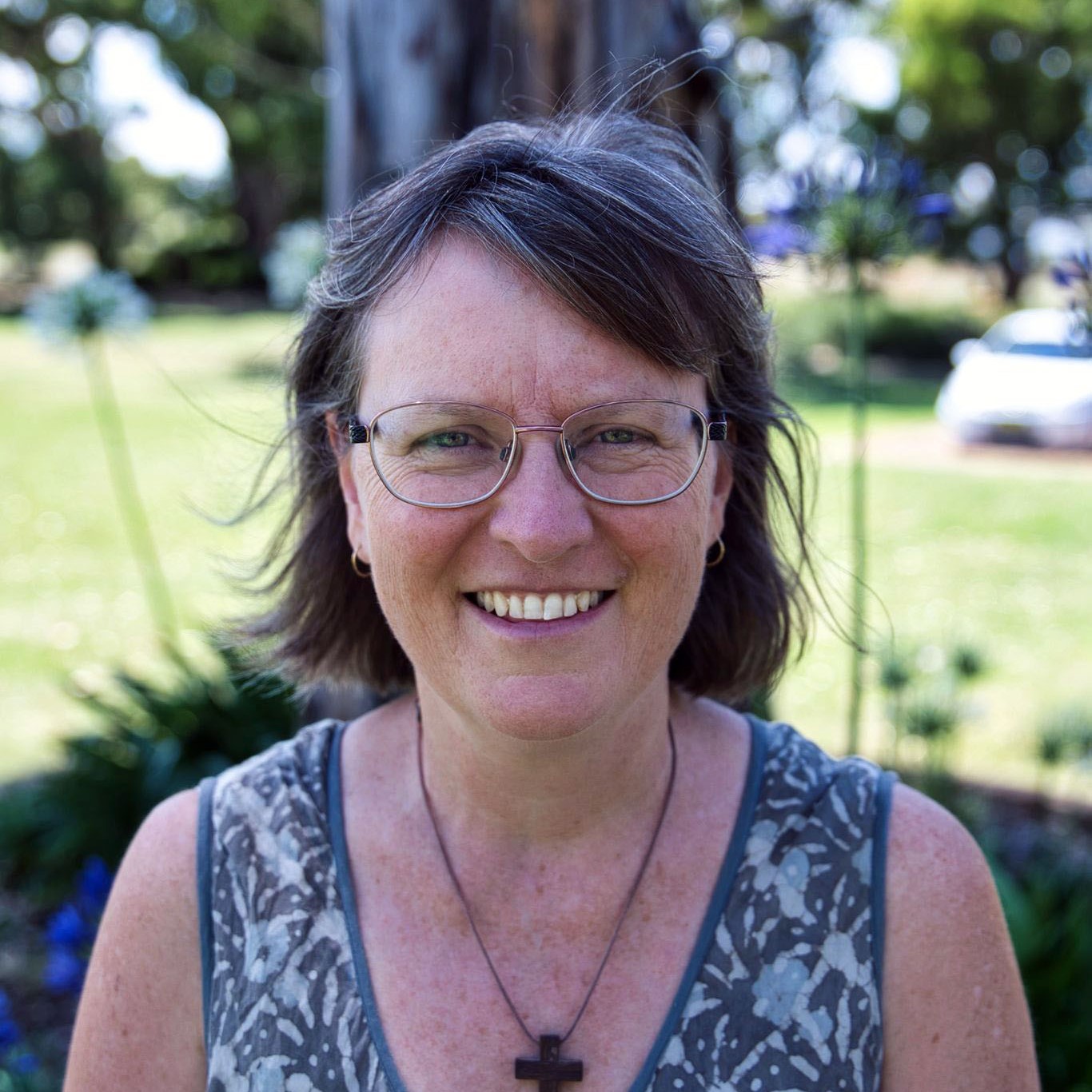
Australian Homeschool Curriculum, Services and Resources
Karen Willson
Do I need a homeschool curriculum? Which curriculum is right for my special needs child?Which maths should I choose? Can you recommend a phonics program that will work for my dyslexic child? Can anyone help with registration? Does anyone provide personalised support?
Whether you’re new to homeschool, working and homeschooling, juggling multiple children with special needs or would just like to know what’s available, this session will provide you with a comprehensive list of Australian Homeschool services, resources and curriculum options with all their benefits and features.
We’ve done the research for you!
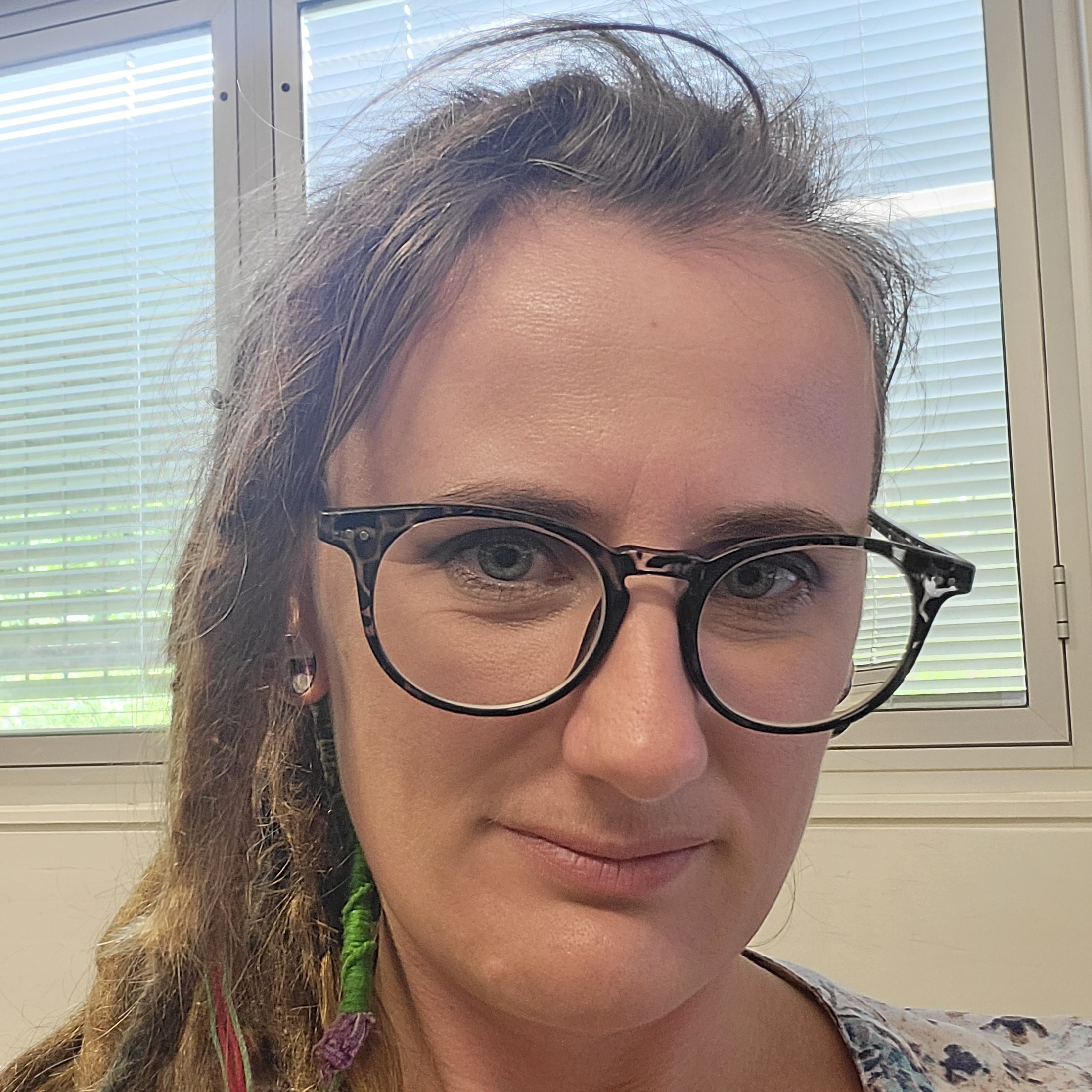
Ways to support mental health - for parents and children
Anastasia Schild
Being an un/home school parent means you may face some challenges when managing all the responsibility of your child/s educational, emotional, psychological, and developmental needs.
Learn how to recognise when outside support is needed for your child from a practicing clinical psychology registrar and unschooling mum of five.

Living Books - not just for Charlotte Mason homeschools
Anthony Coafield
“Living Books” have been made popular by followers of Charlotte Mason’s philosophies, however, no matter your homeschooling style, or the neurodiversities you teach, living books can help you and your children.
Join me as I talk about how you can use living books in your homeschool, plus sit back and relax as I read aloud from several books and show you how I use them with my children.
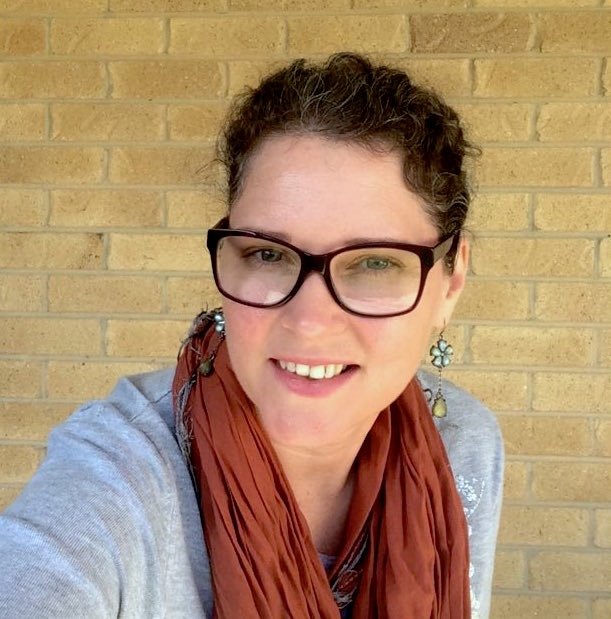
Simplify School to Maximise Education
Mandy King-Adams
You’ve chosen to homeschool but the idea of teaching your child and stepping into the educational role has you shaking in your boots!
It’s not as complex as you think. When you understand that you’re not your child’s teacher but the facilitator of their learning the whole homeschooling thing is suddenly simplified, and fun!
In this workshop, Mandy will teach you the basic principles of how leverage your child’s interests in everyday life, to cover the education outcomes in ways that keep school simple for Mum and much more fun for the kids, while encouraging you to trust the process of natural learning on this education journey.
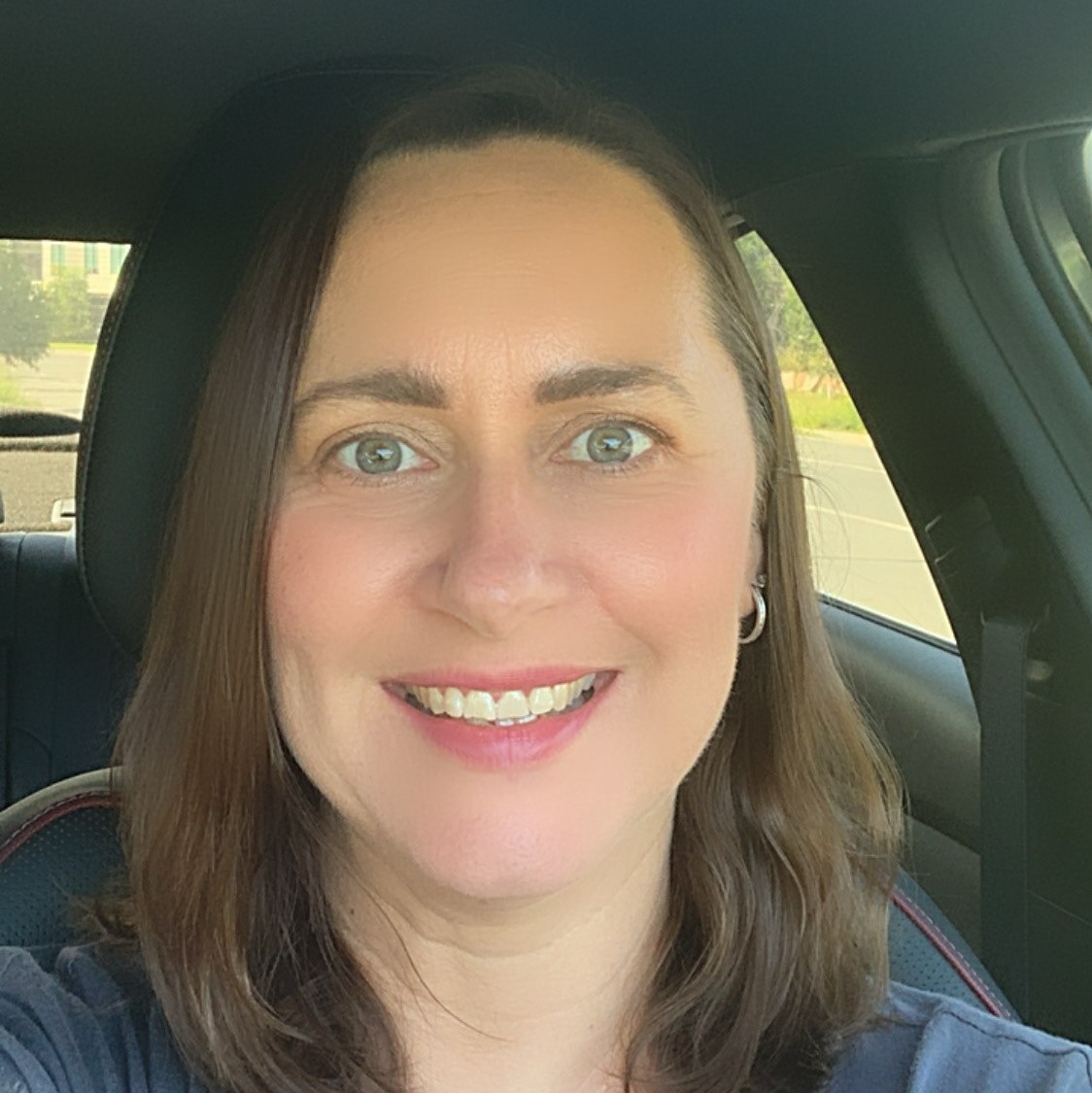
Reflections of a Homeschool Journey
Kylie Rayner

Conscious Parenting and Unschooling
Freya Dawson and Baerbel Fischer
We define conscious parenting as relating to children with respect, understanding and trust. It requires a willingness to do inner work to unlearn old patterns and beliefs. There is a commitment not to use punishments or parent-imposed rules or limits.
Conscious parenting can lead to unschooling as parents choose to maintain their children’s free lifestyle. Unschooling can lead to conscious parenting as giving children freedom in their learning can open up freedom in other areas.
Issues that we will discuss include:
screen time and gaming, food,
bedtimes, and when will my child ever learn to …….???
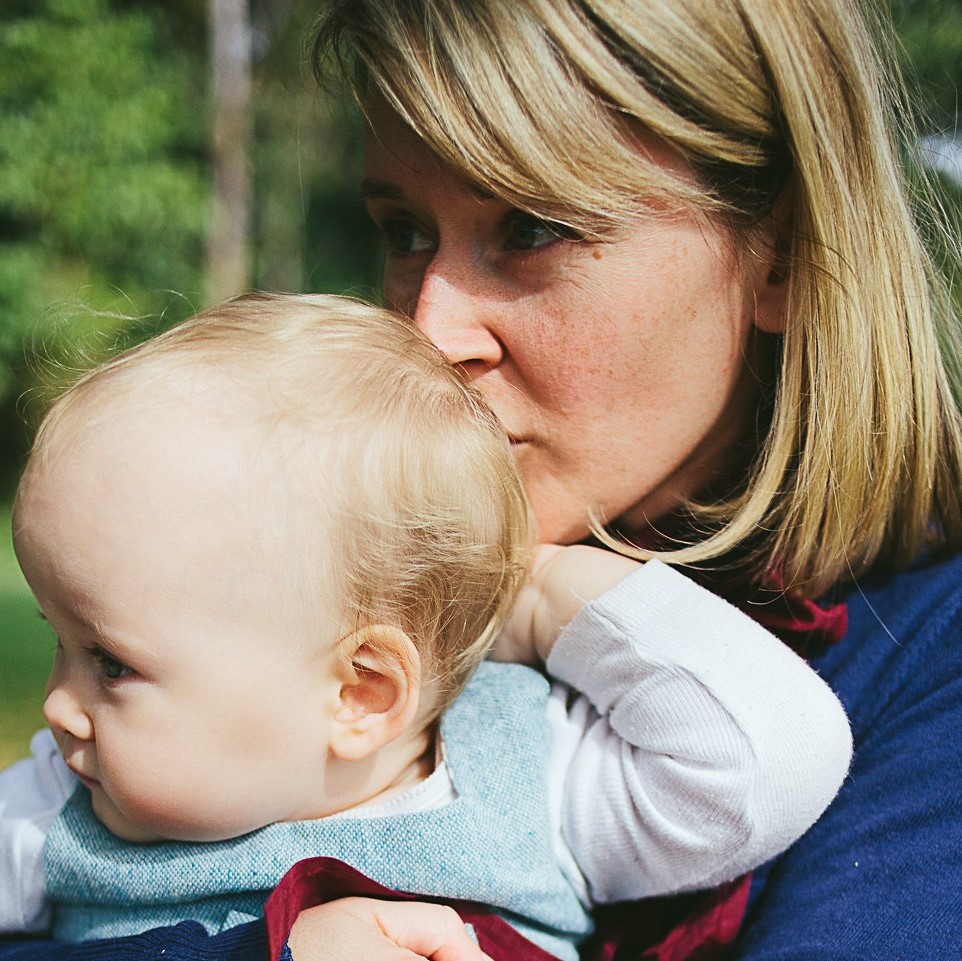
What do we know about home education?
Rebecca English
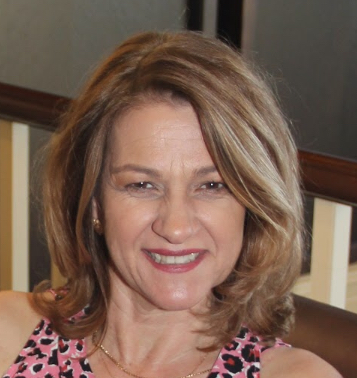
From Contention to Connection
Heidi Conway
Do you doubt you can do this? Experience frustration with children not listening? Or feel guilty and wonder if you’re doing the right thing in the right way? What about feeling resentful because your time is no longer your own?
In this workshop you will:
• Learn the communication strategies that turn doubt into confidence.
• Learn to let go of your frustration and create the ideal individualised learning pathway experience with your young person while at the same time feeling the joy of being heard.
• Discover how to transform guilt into self-responsibility for growth, organisation and learning and feel closer as a family as a result.
• Discover 3 key ways of learning that are simple, self-directed, social and sustainable and ensure your young person becomes the changemaker they were born to be. Yes, they can find their way without you losing yourself!
• How to cope and change when there are moments of disconnection and connect in the most important way.
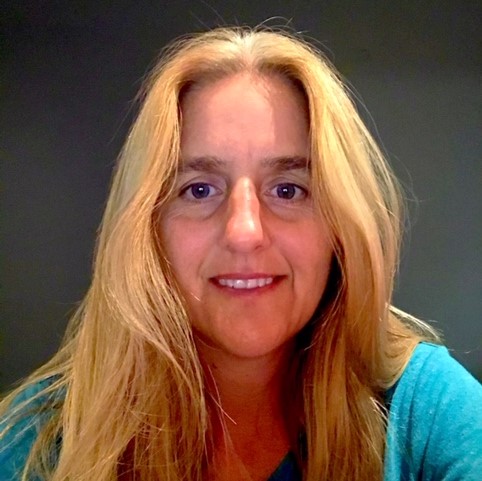
A Chat with Homeschool Graduates
Amanda Bartle
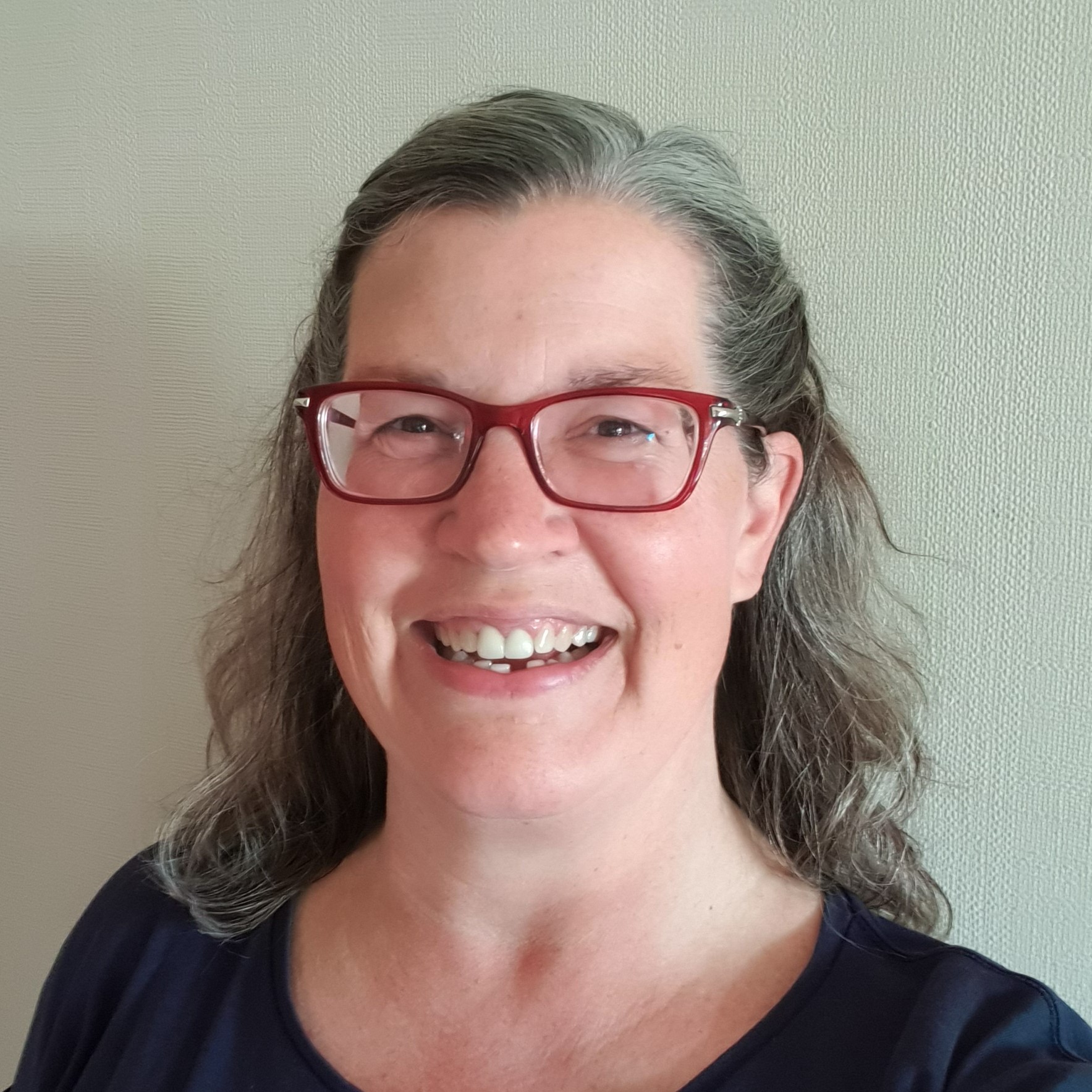
What about socialisation? Will my child have friends?
Ann Leach
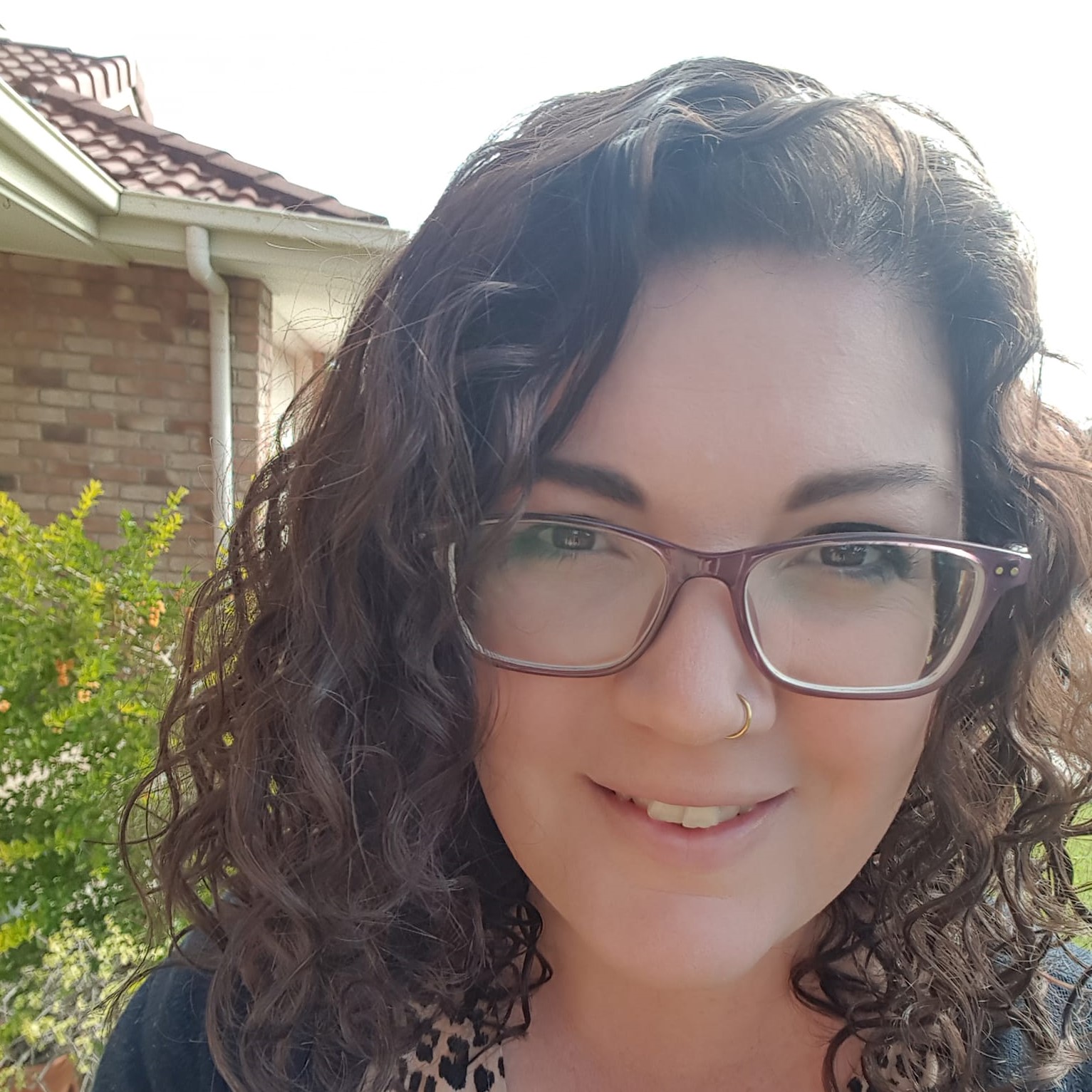
The Power of Play in your Child's Education
Nat Mardon
“Just let them play!” you might hear from seasoned homeschoolers. But are they really learning? The short answer is YES, and in this session Nat will break down for you what play is, why it is so important for children of ALL ages, and show you how to see the learning in your children’s play experiences – in nature, with toys, on their own, with others, and even on the devices! This workshop will help you to observe, value and encourage your children’s play experiences as powerful learning opportunities (perfect for reporting) – and help you to relax and let them play, knowing it’s great for them.
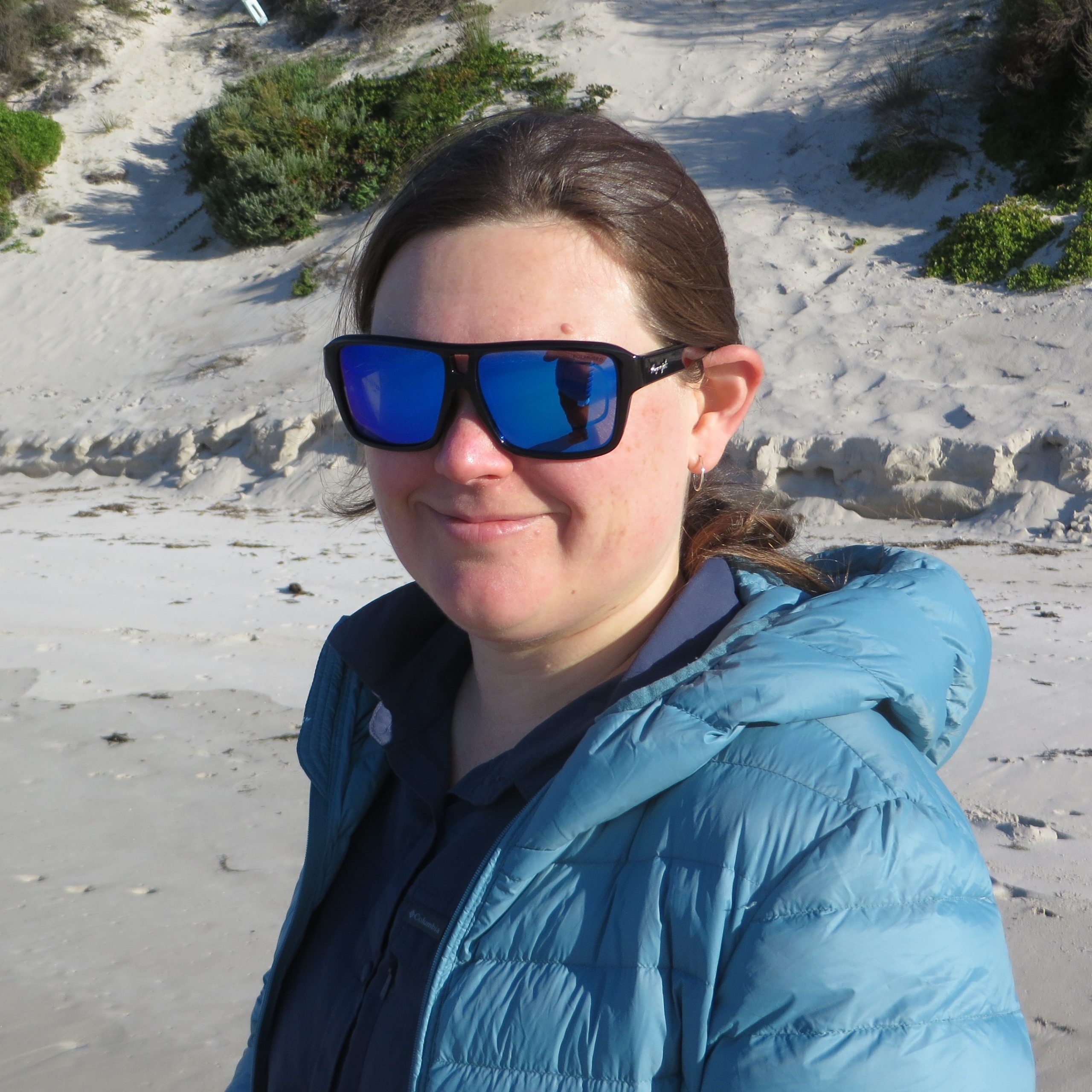
Homeschooling your Neurodiverse Child
Aimée Engler
Parenting a neurodiverse child can be challenging enough, but adding homeschooling into the mix can seem impossible and sometimes you may wonder if everyone is going to be alive at the end of the day.
This talk will focus on the philosophy behind how to homeschool kids (with practical examples) to help you retain perspective and provide encouragement. It’s for those just starting out in their homeschooling journey and wondering, ‘What have I got myself into???’ as well as those oldies who need to be refreshed so they can keep going for another year.
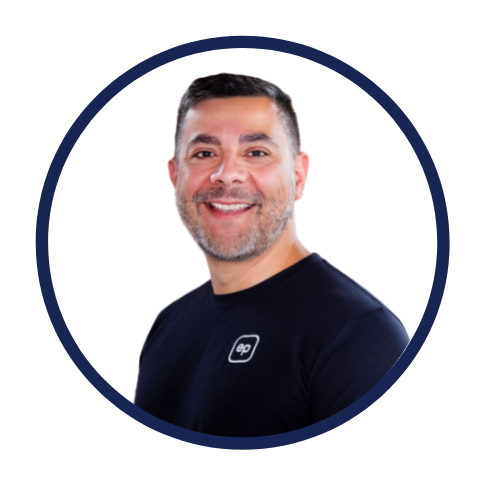
An inclusive learning environment
Fabian Navarro
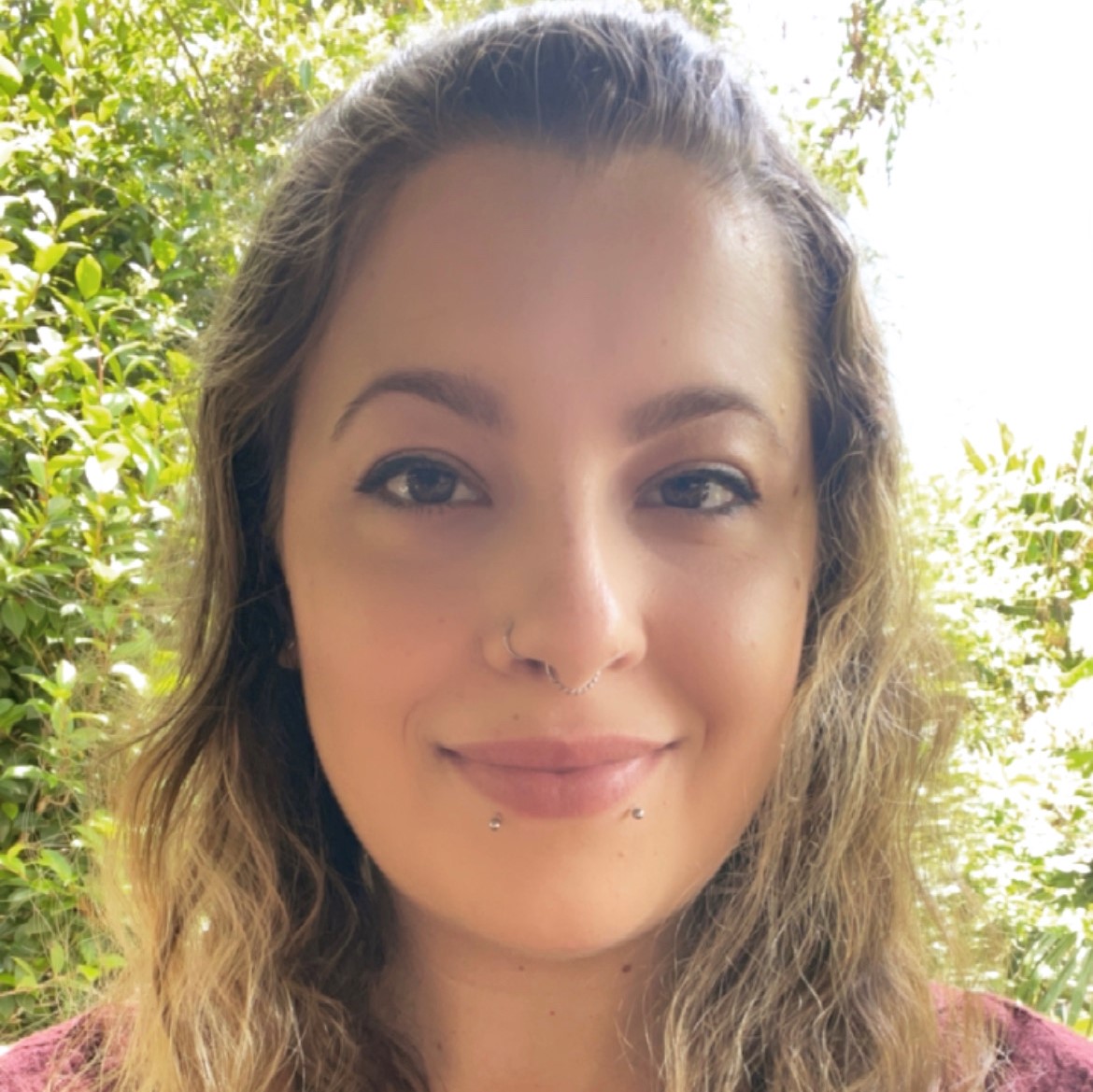
Holistic Education and DIY Resources
Melinda Miles
I will begin with the basics of holistic education – what it is, the benefits to children and parents, and how the principles can be applied no matter what home education style fits your family. As we move through the session I will show you that you don’t need a lot of expensive resources, with an array of nature-based options to help you feel confident in creating your own materials for any topic of interest.
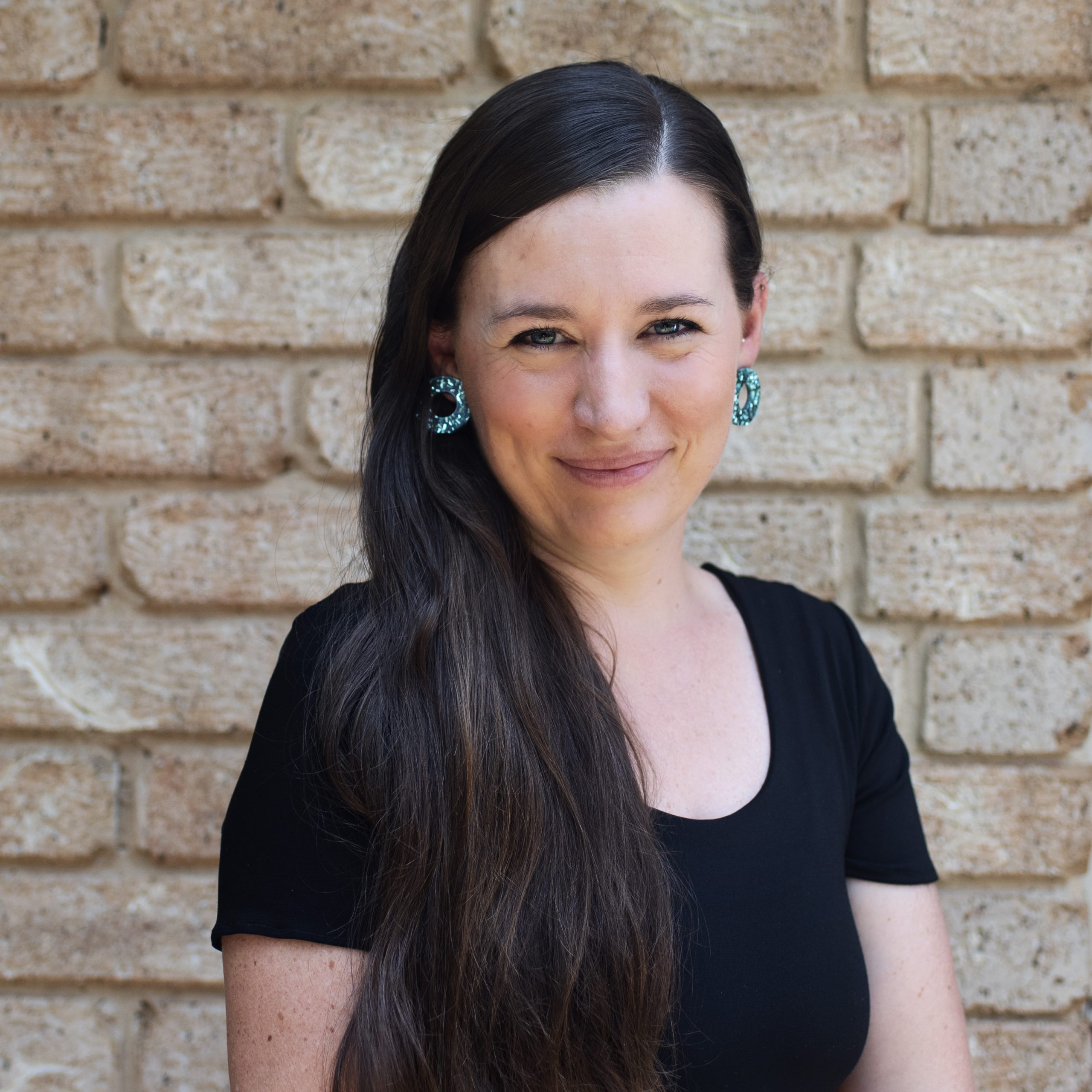
Unschooling: ‘But what do I actually DO?’
Sara Macdonald
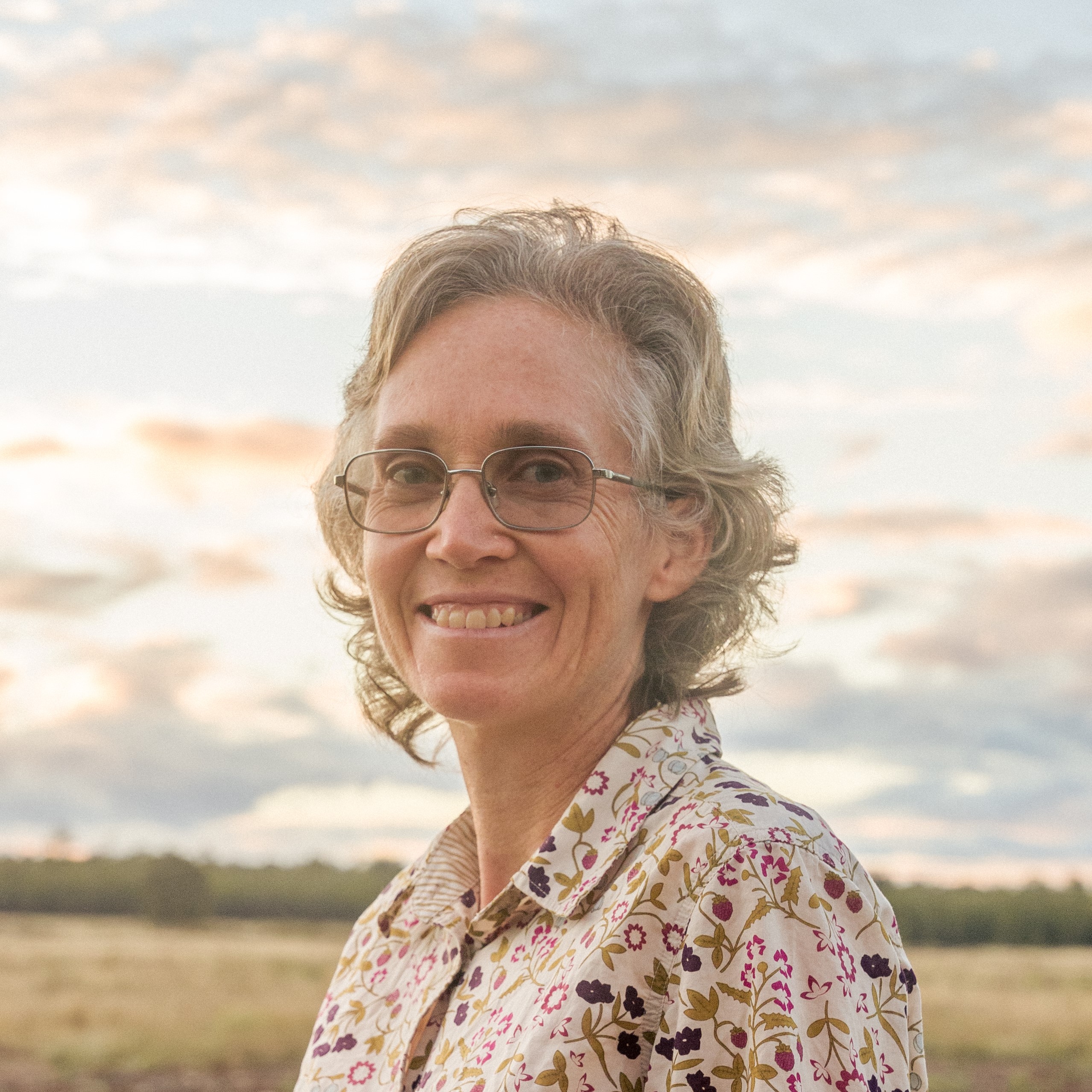
Literacy - the Early Years, the Controversies, and Tips and Tricks for Spelling
Frances Prentice
Have you been wondering how to get your child ready for literacy before you launch into formal learning? I will tell you some ways that you can incorporate pre-literacy activities into your day-to-day life in a fun way, so they don’t even realise they are learning. How do you know when they are ready to learn to read? We will talk about that too.
There are a few controversies around teaching reading. Is it possible to teach those important high-frequency words without teaching words by sight? Is our language as confusing as it first appears or are there hidden patterns nobody ever taught us (the whole language generation)? Is it a good idea to purchase readers for our children? If we decide to use readers, is it best to use the new decodable readers or the PM style ones that are found in many schools?
And finally, would you like to know a few tips for teaching spelling? Why does the word ‘have’ have a silent e? Why is cat spelt CAT and not KAT? How can you teach your child to spell accurately early so they don’t develop bad spelling habits? After completing two degrees I did a course in LEM phonics that taught me this and more, and I’m happy to share my knowledge with you.
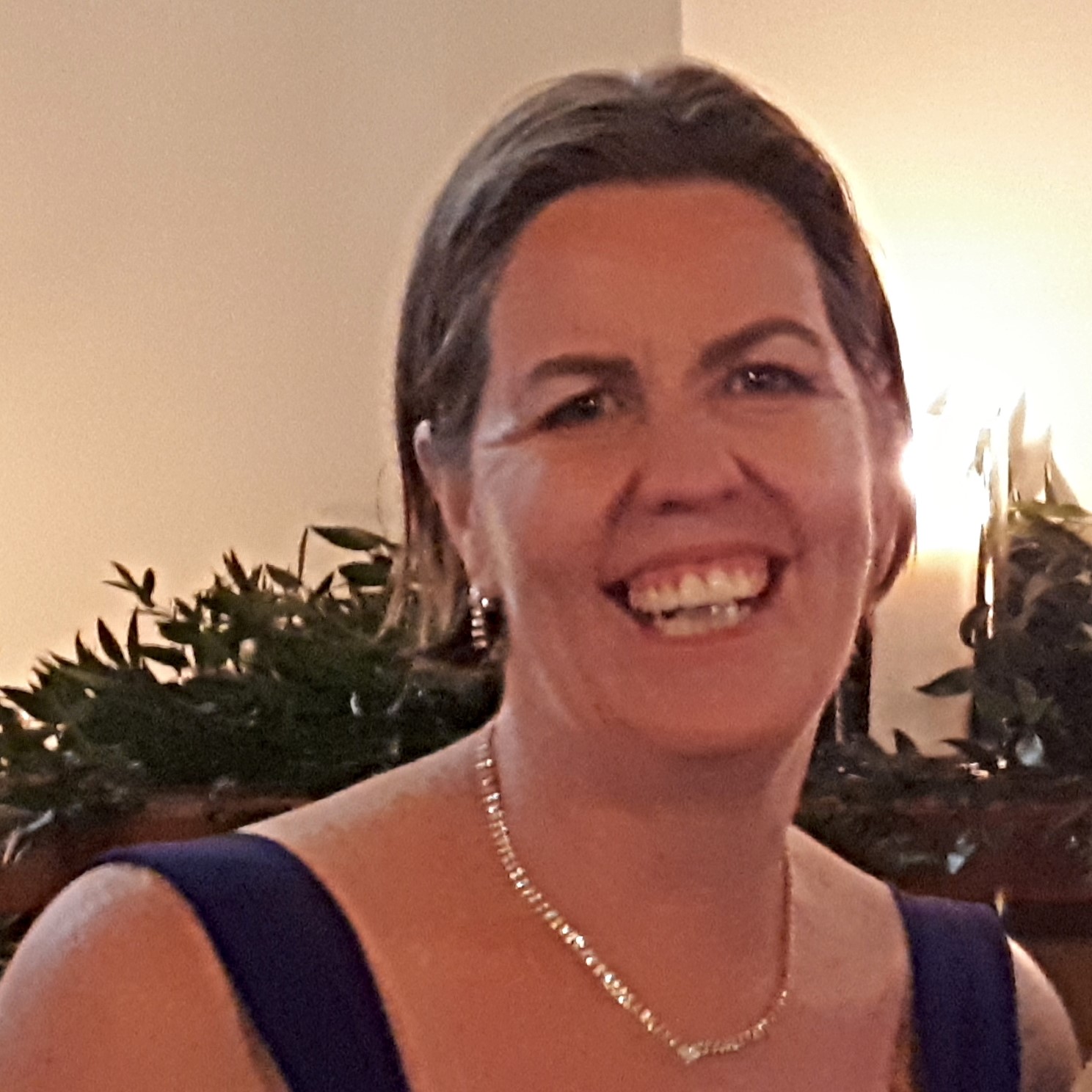
Nurturing a Love of Literature
Erin Hassett
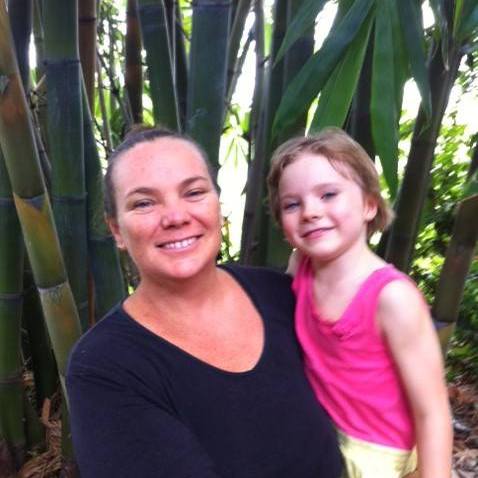
Developing a Permaculture Approach to Home Education
Tamara Kelly
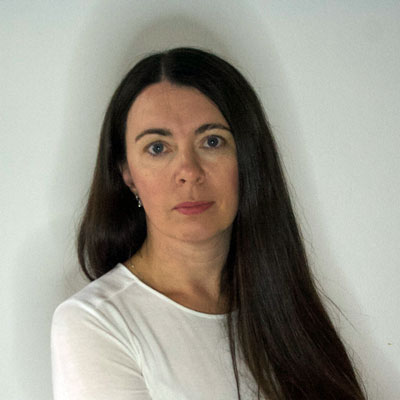
Using Books to Enrich Your Child’s Learning and Life
Pamela Ueckerman
It’s easy to focus on the mechanics of reading and writing and forget about the beauty of language and how story brings us together. In this workshop, Pamela will share why books underpin her home education philosophy and how she uses them.
From picture books to novels, graphic novels, poetry and even Shakespeare, see how books can enrich your child’s learning, how to use them to enhance connection, where to find recommendations and sourcing books on a budget.
You’ll be confident in choosing modern and classic literature and be quoting Shakespeare before you know it!

Guiding the Gifted: Home Educating Gifted and 2E Kids
Cat Miedecke
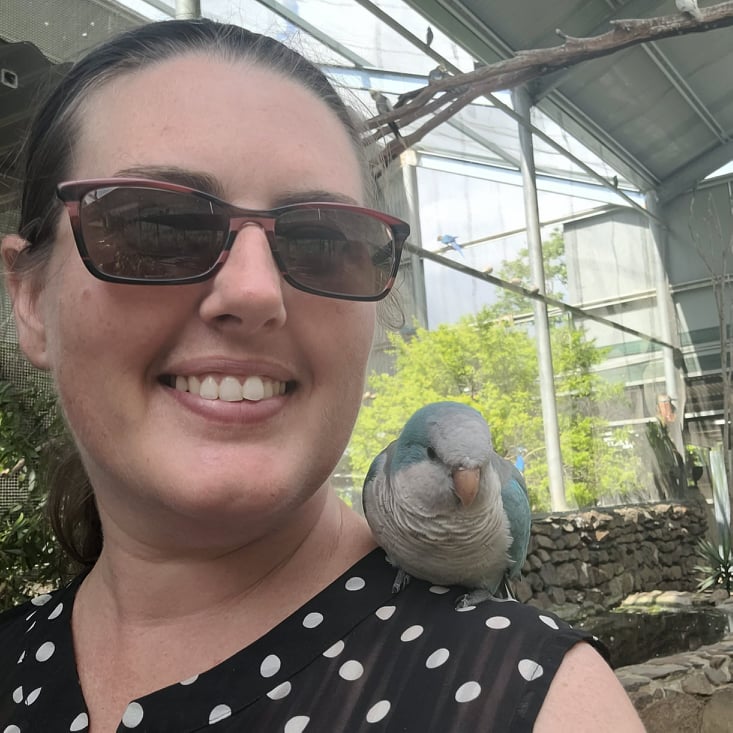
Unit studies - family learning with multiple ages
Patricia Fitzgerald
We started homeschooling in 2014 due to failures in the system, and first tried distance education before moving to state registration when we realised we needed ultimate flexibility.
In my talk we will explore how I deliver themed units across a variety of ages, and accommodate varying abilities; as well as how to incorporate this into a family plan option in Queensland, discussing one plan for all children who will be doing activities and learning opportunities together.
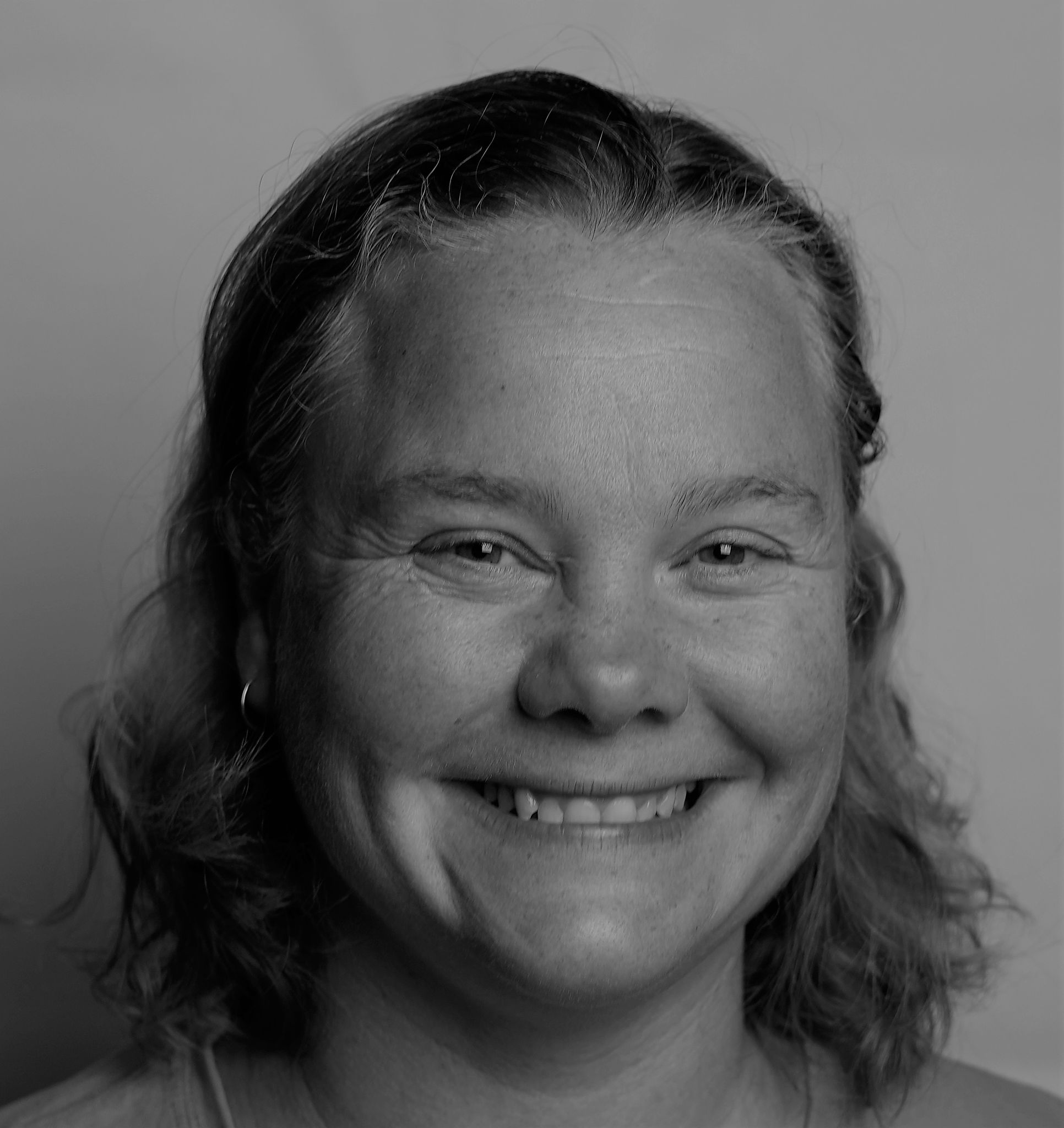
HESP writing in Tasmania
Vikky Harris-Newsham
This is a workshop for those wanting to know more about how to put a Home Education Summary & Program (HESP) together for their registrations in Tasmania. I will go through the standards and guidelines and give ideas of the sorts of things to cover for each standard. By the end you’ll have a thorough understanding of how to put a HESP together and be able to complete your own confidently.
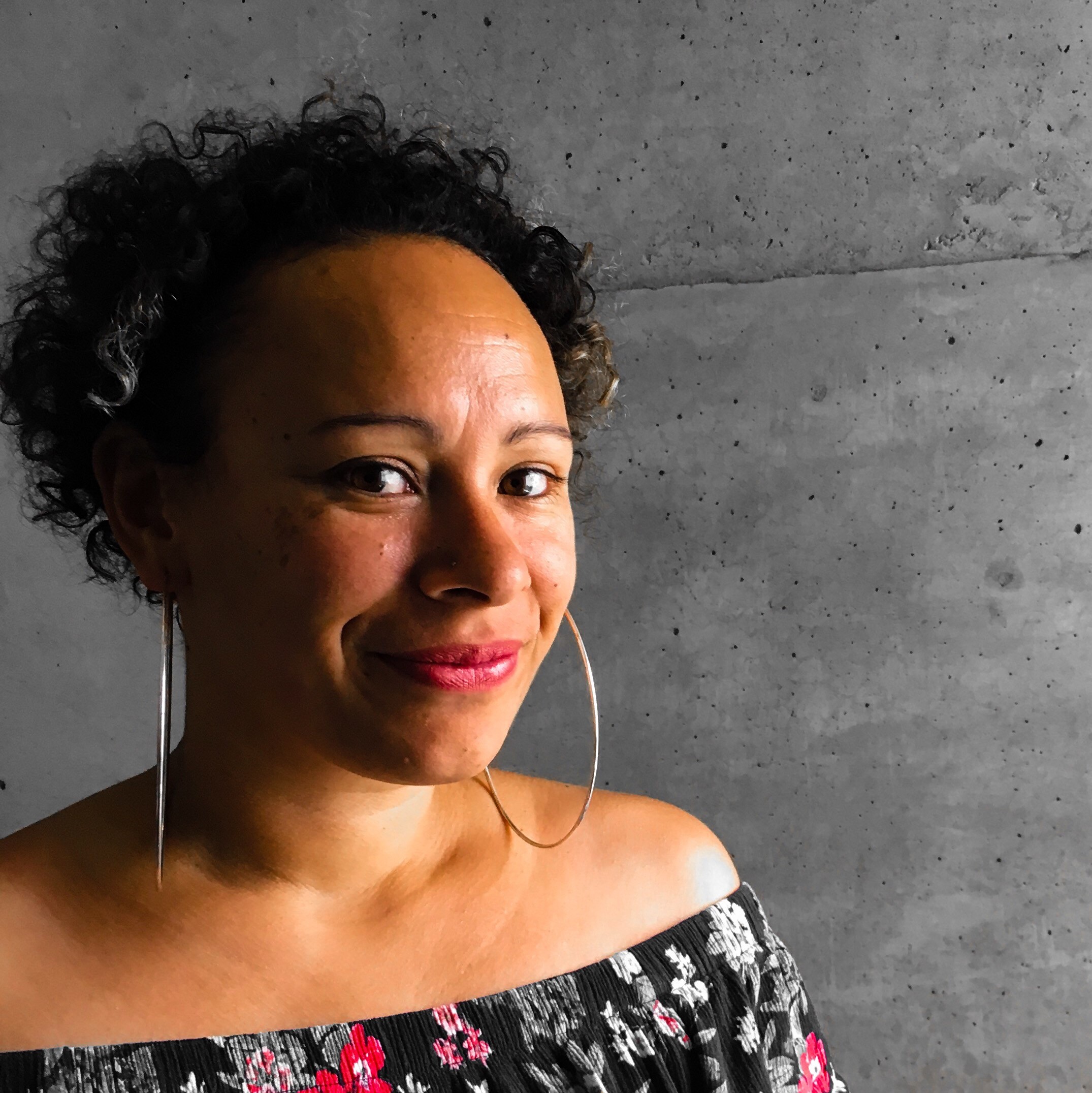
Eclectic Homeschooling
Lusi Austin
Highly structured learning doesn’t suit every homeschooling family, nor does unschooling. So where do you fit if you are somewhere between both? One option somewhere in the middle is ‘eclectic homeschooling’.
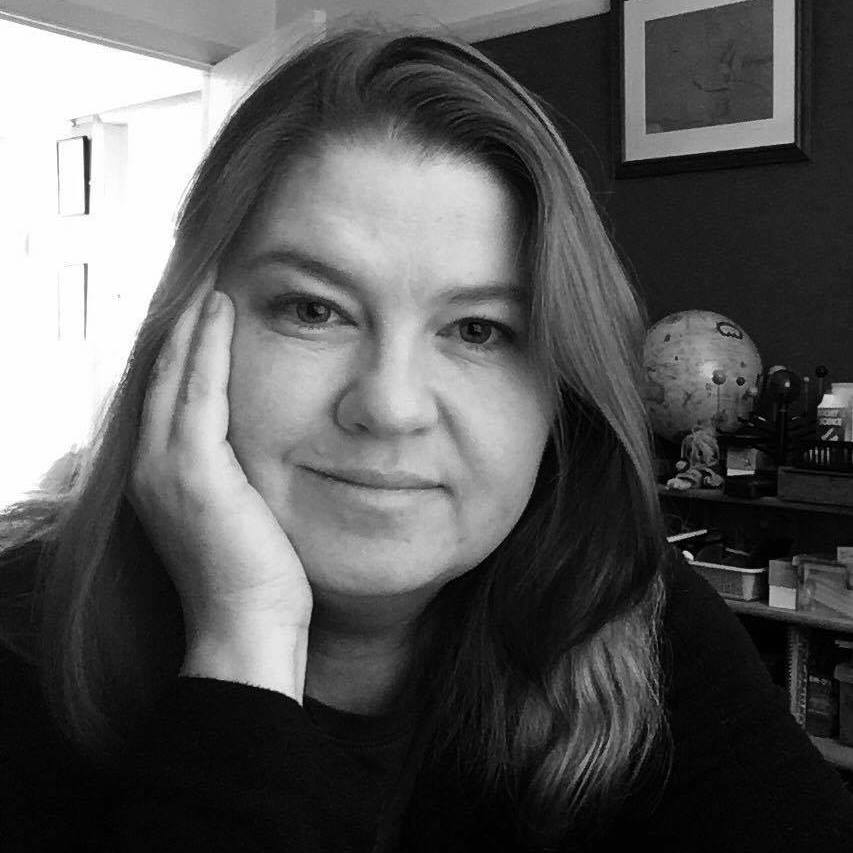
What's it REALLY like to homeschool your children?
Tamara Kidd
I’ve been a home educator since 2006, a primary teacher since 1999, and a student since 1978. I’ve been on both sides of the chalkboard and I’ve been fascinated about how humans best learn all of my life. I’ve studied teachers, students, the learning process, the craft of teaching called pedagogy and read far too many textbooks for one sane human. Home Education works. It’s potentially the best education your child can have. I want to show you what real home education looks like and how you can avoid ruining this amazing opportunity that you and your children have to learn about the world, from the greatest teacher you will ever have: Yourself. Which means themselves too. So, no, not you. Them. Our ‘Self’. People learn because they want to learn. You can’t force someone to learn. What you do when yelling lessons at kids, forcing them to do worksheets or complete that curriculum that the school must use or you paid good money and purchased is as effective as pegging marshmallows at them and then calling it eating. Don’t kid yourself. There’s a much better way and I’ll show you what that is. Let’s start with the biggest obstacle of all: You. Yes, now I mean you.



